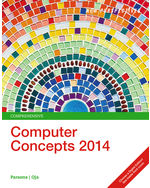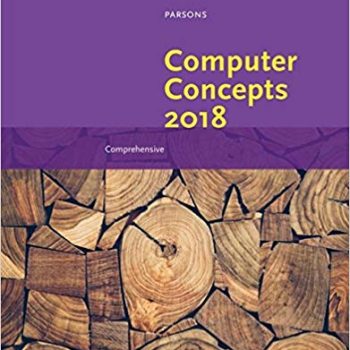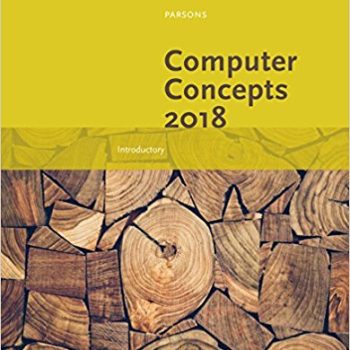What are Operating Systems?
Operating Systems (OS) are the fundamental software that manage computer hardware and software resources, providing common services for computer programs. An OS acts as an intermediary between users and the computer hardware, enabling the execution of applications and managing tasks such as memory allocation, process scheduling, input/output operations, and file management. Examples of popular operating systems include Windows, macOS, Linux, and Unix.
Importance of Operating Systems
Operating Systems are crucial for the efficient functioning of computer systems. They provide a stable and consistent environment for applications to run, ensuring optimal performance and resource management. An OS simplifies the interaction between users and the hardware, enhances system security, and supports multitasking, allowing multiple applications to run simultaneously. Understanding operating systems is essential for computer science professionals, as it forms the foundation for developing and managing software applications.
The Components of Operating Systems
Kernel
The kernel is the core part of an operating system that manages system resources and facilitates communication between hardware and software. It handles process management, memory management, device drivers, and system calls.
File System
The file system organizes and manages data storage on a computer. It provides a way to store, retrieve, and update files, ensuring data integrity and efficient access. Common file systems include NTFS, FAT32, ext4, and HFS+.
Process Management
Process Management involves handling the execution of processes, including process creation, scheduling, synchronization, and termination. It ensures that system resources are allocated efficiently and that processes are executed without conflicts.
Memory Management
Memory Management is responsible for managing the computer’s memory hierarchy, including RAM and cache. It includes tasks such as memory allocation, paging, segmentation, and virtual memory management, ensuring optimal use of available memory resources.
Device Management
Device Management involves managing hardware devices such as printers, disks, and display units. The OS uses device drivers to facilitate communication between the hardware and the rest of the system, ensuring efficient and accurate operation of peripheral devices.
Benefits of Studying Operating Systems
Economic Benefits
A strong foundation in Operating Systems opens up diverse career opportunities in software development, systems administration, IT support, and cybersecurity. Professionals with expertise in OS are essential for developing, managing, and securing computer systems, making their skills highly valued and well-compensated.
Cross-disciplinary Subject
Operating Systems intersect with fields such as computer architecture, programming, cybersecurity, and networking. This interdisciplinary approach enhances understanding of how systems work together and provides a comprehensive framework for solving complex computing problems.
Curiosity
Studying Operating Systems satisfies a natural curiosity about how computers work and how software interacts with hardware. It encourages problem-solving, critical thinking, and continuous learning, fostering a deep understanding of system-level programming and architecture.
Career Growth
An education in Operating Systems provides a solid foundation for career advancement. It equips individuals with the knowledge and skills needed for roles in software engineering, system administration, IT management, and cybersecurity. Advanced studies in this field can lead to specialized positions and opportunities for significant contributions to technology and innovation.
Test Bank Archive
At Test Bank Archive, we offer a comprehensive collection of resources to support your studies in Operating Systems. Our Operating Systems test bank includes detailed test banks and solution manuals for various textbooks, providing:
Targeted Exam Preparation
Practice questions that mirror the style and difficulty of your exams, boosting your confidence and readiness.
In-Depth Explanations
Detailed solutions that help clarify complex operating system concepts and practices.
Up-To-Date Content
Regular updates to ensure alignment with current academic standards and curricula.
Our test bank resources are designed to help you excel in your Operating Systems courses by providing structured, effective study tools.
Conclusion
Operating Systems are essential for the efficient functioning of computer systems and applications. By thoroughly preparing for your courses and utilizing the extensive test bank resources at Test Bank Archive, you can enhance your knowledge, improve your academic performance, and succeed in the dynamic field of computer science. Start exploring our resources today and take a significant step towards mastering Operating Systems.
Showing all 3 results



